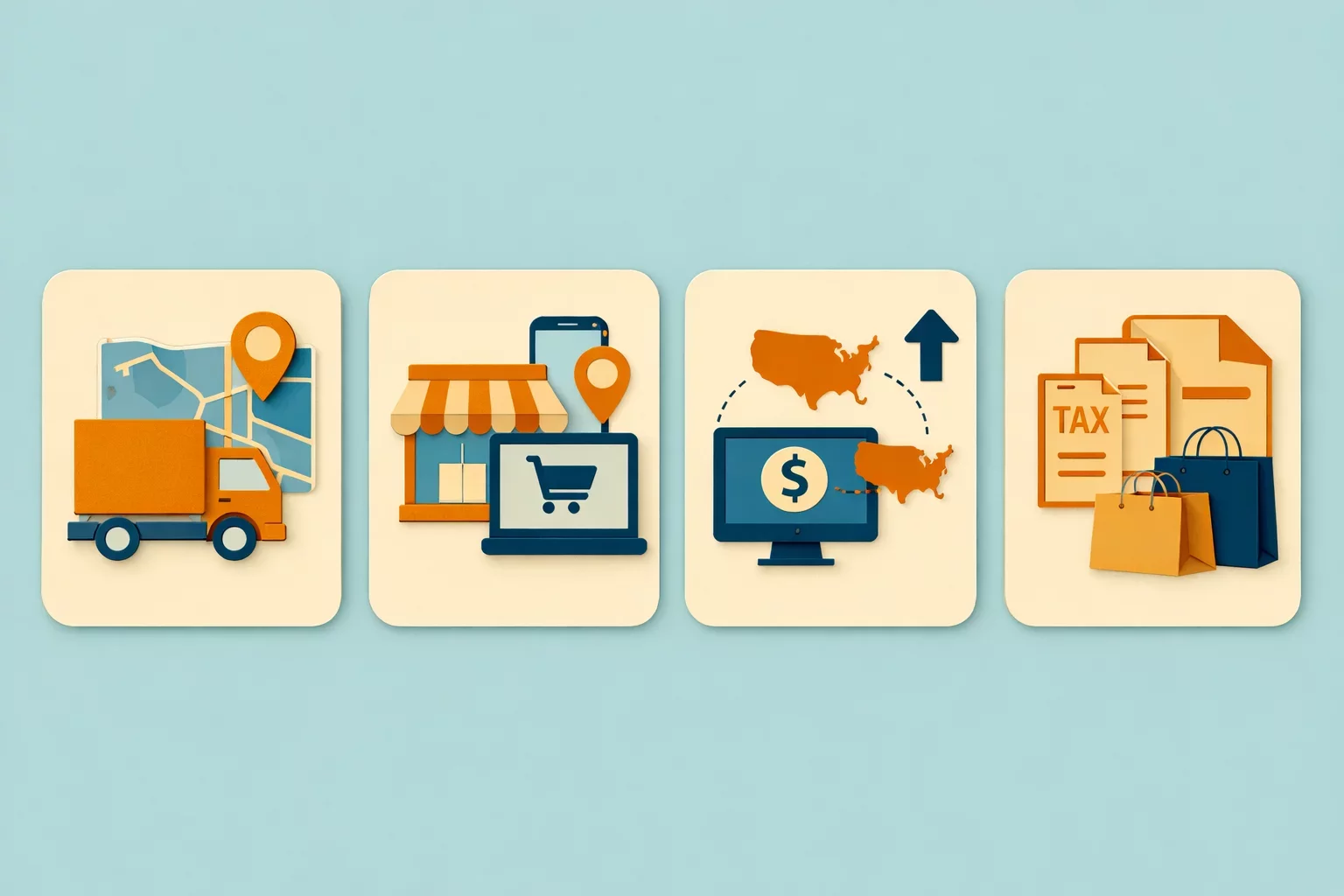Steuerbarkeit von Datenverarbeitungsdienstleistungen in Texas: Wichtige Änderungen mit Ancillary Test

Der texanische Comptroller überarbeitete und änderte die Umsatzsteuervorschriften für Datenverarbeitungsdienste und führte den Zusatztest ein, um festzustellen, ob die Dienste steuerpflichtig oder nicht steuerpflichtig sind. Die Änderungen erweitern die Definition der Datenverarbeitung und enthalten mehrere Beispiele für steuerpflichtige und nicht steuerpflichtige Datenverarbeitungsdienstleistungen, so dass sich letztlich diejenigen, die steuerpflichtige Dienstleistungen erbringen, für die Verkaufs- und Nutzungssteuer registrieren lassen müssen.
Auswirkungen auf Steuerpflichtige
Die Änderungen, mit denen unter anderem der Nebentest für Datenverarbeitungsdienstleister eingeführt wurde, traten am 2. April 2025 in Kraft. Die verabschiedeten Vorschriften betonen, dass es bei der Feststellung, ob die Erbringung von Datenverarbeitungsdienstleistungen steuerpflichtig ist, darauf ankommt, was der Verkäufer tut, und nicht darauf, warum der Käufer die Dienstleistung benötigt.
Wenn ein Verkäufer also eine routinemäßige oder sich wiederholende Datenverarbeitung durchführt, handelt es sich in der Regel nicht um eine Nebentätigkeit, die wahrscheinlich steuerpflichtig ist. Wenn die Datenverarbeitung hingegen externes Wissen und Ermessensspielraum des Verkäufers beinhaltet, wird sie als Teil einer größeren, nicht steuerbaren Dienstleistung betrachtet.
Wenn beispielsweise jemand Informationen in Formulare oder Kreditdokumente einträgt, wird die Verarbeitung dieser Daten als Datenverarbeitungsdienstleistung betrachtet und unterliegt in der Regel der Besteuerung. Der Grund dafür ist, dass die Haupttätigkeit in der Verarbeitung und Organisation von Daten besteht, auch wenn in einigen Fällen ein Urteilsvermögen erforderlich ist. Das Verfassen eines Rechtsgutachtens hingegen beruht auf juristischen Kenntnissen und Analysen. Daher gilt es nicht als steuerpflichtige Datenverarbeitungsdienstleistung.
Auch wenn beide Dienstleistungen dem gleichen Ziel dienen, z. B. dem Abschluss einer Immobilientransaktion, ist nur diejenige steuerpflichtig, die in erster Linie eine wiederholte Datenverarbeitung beinhaltet. Diejenige, die juristisches Fachwissen erfordert, ist dagegen nicht steuerpflichtig. Andere steuerpflichtige Datenverarbeitungsdienste sind Suchmaschinenoptimierung, Social Media Marketing und Lead-Generierung.
Außerdem werden die Vorschriften für Marktplatzanbieter erst am 1. Oktober 2025 in Kraft treten. Einige argumentierten jedoch, dass viele Marktplatzanbieter bereits der Verkaufs- und Nutzungssteuer für steuerpflichtige Waren oder Dienstleistungen unterliegen und eine Besteuerung als Datenverarbeitungsdienste eine Doppelbesteuerung darstellen würde.
Der Tax Comptroller lehnte es jedoch ab, Änderungen an den geänderten Vorschriften vorzunehmen, da der Wortlaut präzise sei und Marktplätze steuerpflichtige Datenverarbeitungsleistungen erbringen, da ihre Dienstleistungen die computergestützte Speicherung und Bearbeitung von Daten für ihre Kunden beinhalten.
Fazit
Mit den vorgenommenen Änderungen ersetzt der Texas Comptroller den früheren Test zum "Wesen der Transaktion" durch den Nebentest. Steuerpflichtige, die Datenverarbeitungsdienstleistungen erbringen, müssen prüfen, inwieweit die neuen Besteuerungsregeln für sie gelten. Wenn sie der Verkaufs- und Nutzungssteuer unterliegen, müssen sie sich in Texas steuerlich registrieren lassen.
Andererseits haben Marktplatzanbieter noch einige Monate Zeit, um ihre Verpflichtungen und Verantwortlichkeiten im Rahmen der geänderten Umsatz- und Nutzungssteuer zu ermitteln.
Quelle: EY, Texas Comptroller of Public Accounts

Ausgewählte Einblicke

Burkina Faso FEC E-Invoicing Mandatory July 2026
🕝 February 24, 2026
Mehrwertsteuerreform in Mosambik: Digitale Güter und Dienstleistungen ab 2026
🕝 February 17, 2026
Verschwundene Händler und Mehrwertsteuerbetrug: Urteil eines litauischen Gerichts
🕝 February 9, 2026
Kontinuierliches Lernen in Steuer- und Rechnungswesen: Teams für eine schnellere Zukunft aufbauen
🕝 January 27, 2026Mehr Nachrichten von Vereinigte Staaten
Erhalten Sie Echtzeit-Updates und Entwicklungen aus aller Welt, damit Sie informiert und vorbereitet sind.
-e9lcpxl5nq.webp)



-fd4vrjrcmo.webp)











-qoqtiao7l2.webp)





-o0xyg5unvs.webp)










-sug7vykj81.webp)

















-pofe7ucwz3.webp)









-de8hdb1bn3.webp)








-xbhr0m4jsb.webp)


-ae6fi6cjox.webp)














-b0fpsws1w1.webp)




















-x78wuofpzj.webp)
















-b44f1vjl1i.webp)

-priw8nq5xc.webp)


.png)

.png)






























